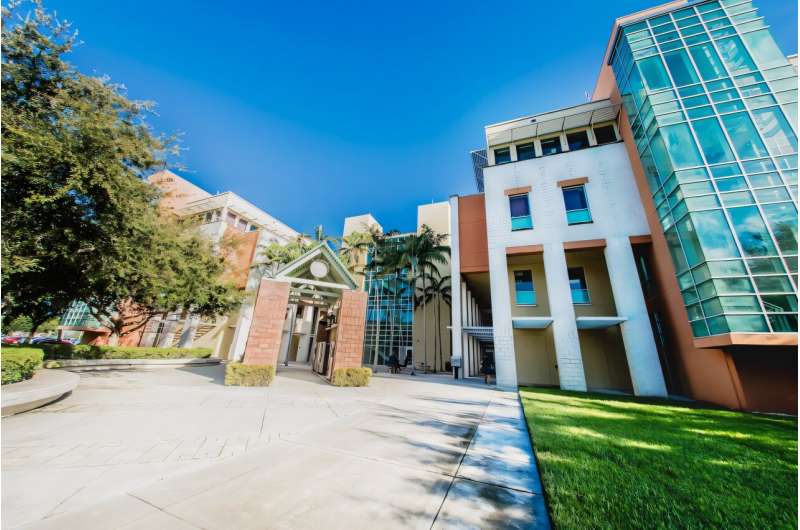
Recent research from Florida Atlantic University (FAU) highlights the positive impact of small group counseling on middle school students’ emotional skills and sense of connectedness within their school environment. The study focused on the Student Success Skills (SSS) intervention, which aims to equip students with essential emotional and life skills to navigate their academic and social challenges.
Conducted during the 2023-24 school year, this qualitative study involved six sixth-grade students in the Southeastern U.S. who were identified as being at academic or behavioral risk. The research team collected data through pre- and post-intervention interviews, field notes, session transcripts, and student-generated drawings. Their findings were published on November 15, 2025, in the Journal of Child and Adolescent Counseling.
Key Findings from the Intervention
The SSS intervention led to four significant outcomes for the students. Participants exhibited improved anger management and conflict resolution skills, developed academic and life skills, reported increased feelings of connectedness and safety, and expressed more positive perceptions of their overall school environment.
Dr. Elizabeth Villares Sacks, co-author of the study and chair of the FAU Department of Counselor Education, emphasized that the small group counseling experience provided students with more than just strategies for emotional management. “It offered them a space to feel seen, heard, and valued,” she stated. As students engaged in role-playing exercises and learned techniques such as positive self-talk and peer support, their outlook on school shifted from neutral or negative to one filled with friendship, belonging, and motivation to learn.
The intervention also fostered a sense of community among the group members. Students collaboratively established confidentiality agreements and group norms, which created a safe space for authentic sharing and peer support. This collaborative environment helped enhance their social-emotional and academic skills, ultimately leading to stronger engagement and improved perceptions of school climate.
Implications for Future Research and Practice
The study’s findings underscore the effectiveness of interventions grounded in the Advocating Student-Within-Environment (ASE) theory for promoting students’ emotional and academic development. Villares Sacks noted that when students feel connected and understood, they become more engaged learners and more compassionate peers.
The research team, which included co-authors Dr. Kadeem Campbell, Dr. Hannah Bowers, and Dr. Greg Brigman, recommends further investigation into the long-term and systemic effects of ASE-aligned curricula. They advocate for expanded training for counselors in evidence-based group facilitation methods to maximize the benefits of such interventions in schools.
The insights gained from this study affirm that investments in counselor-led initiatives can foster stronger, more resilient learning communities. By prioritizing students’ emotional and social growth, educational institutions can create environments that nurture not only academic success but also the holistic development of young learners.







